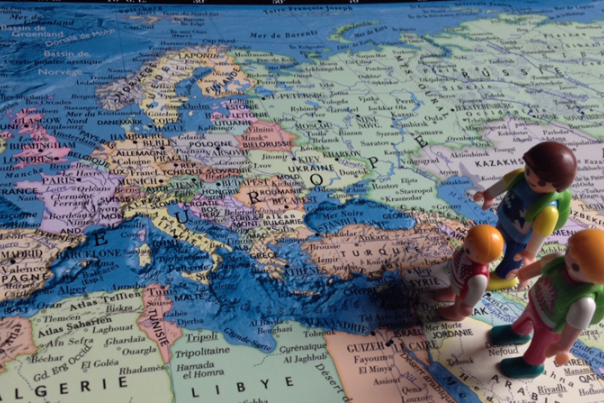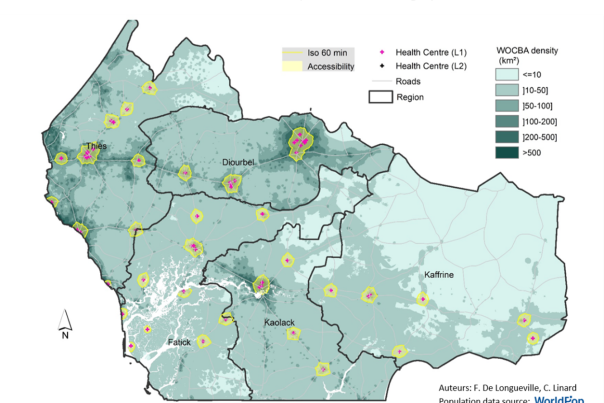The research activities of the Department of Geography, carried out in both the North and South, contribute to the transition towards sustainable and resilient spaces in order to improve the well-being of populations in terms of health, food, natural resources, security, social relations and freedom of choice.
Observing and analyzing territories, organizations, individuals and ecosystems in order to understand them and their complexity then enables us to propose solutions. To do this, the Geography Department relies on the concept of resilience, which is a setting in motion, a perpetual search for a dynamic balance between short-term and long-term, local and global scale, retreat and openness, autonomy and dependence or interdependence. Resilience is capable of restoring the citizen's place in governance processes. It encourages a systemic approach and accepts the occurrence of disruptions in the future; it is open to breaks with the current model. Given that resilience enables us to adopt new strategies, to think differently and to be pioneers, it appears to be a suitable means of ensuring and accompanying transitions.
.The 3 main areas of research
Biodiversity, relationship with Nature and food transition
The preservation of biodiversity and the food transition require a fundamental change in our relationship with Nature, which our researchers strive to promote by recognizing humans as an integral part of the ecosystem. Faced with today's challenges (global conflicts, pandemics, collapse of biodiversity, dependence on fossil fuels), our globalized agricultural model is obsolete. Yet alternatives do exist! They all involve reterritorializing agriculture. Our researchers contribute to the development of agricultural sectors and territories that offer nourishing, environmentally-friendly agriculture, at the service of local populations, through the development of participatory action research methods. The researcher co-constructs solutions by listening to citizens, bringing different forms of knowledge into dialogue, and anchoring his or her research within a particular territory.

Migration, vulnerability and the environment
Environmental migration is a growing challenge in a world facing rapid and often devastating ecological change. Our researchers are dedicated to delving deeper into the complexity of interactions between environmental factors and population movements. Their aim is to better understand the mechanisms underlying these migrations in order to anticipate future displacements and help establish appropriate policies and adaptation strategies. At the same time, vulnerability to environmental hazards - whether climate change, more frequent natural disasters or emerging health threats - has become a major concern. Through mixed research approaches (combining quantitative and qualitative research), our researchers deepen understanding of these issues, with the ultimate aim of proposing solutions to reduce environmental impacts, strengthen community resilience and preserve the safety and well-being of populations facing these challenges.

Spatial epidemiology and population mapping
Spatial epidemiology involves studying the influence of environmental and human factors on the onset and spread of diseases, using spatial models to predict their geographical distribution. This approach enables better identification of at-risk areas, facilitating the implementation of targeted preventive and surveillance measures. At the same time, population mapping looks at the spatial distribution of inhabitants, the impact of urbanization and migration on overall health, and how these phenomena reinforce health disparities. Our department contributes to the production of detailed data on the distribution of the world's population, in order to accurately assess the consequences of population growth and urbanization on health, while exploring the links between population, urbanization and development.



